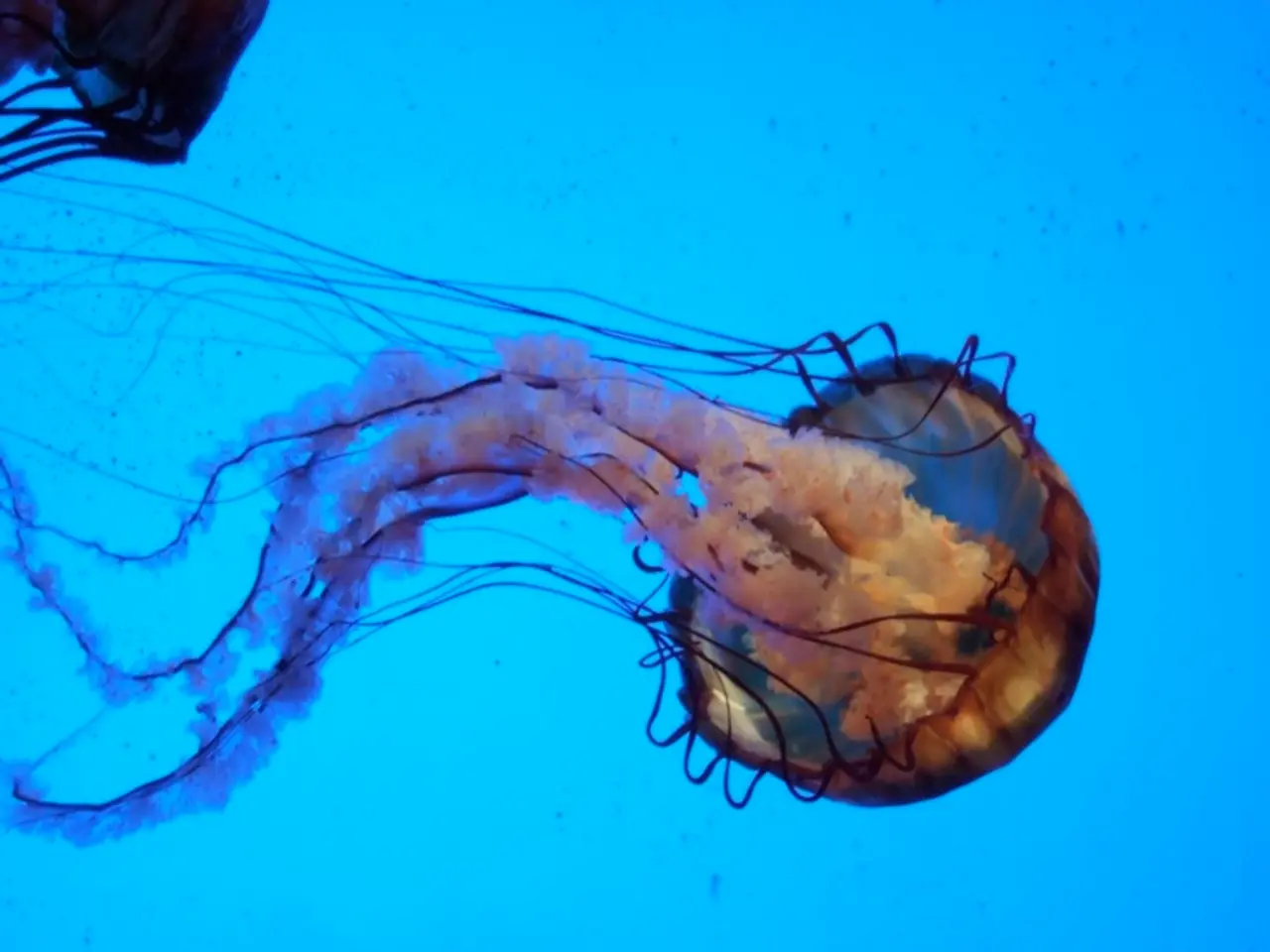Differentiating Between BA and BS in Biological Sciences: Unveiling Career Opportunities
In the ever-evolving world of biology, understanding the differences between a BA (Bachelor of Arts) and a BS (Bachelor of Science) in Biological Sciences can help you make an informed decision about your future education and career.
Curriculum and Skill Development
The primary distinction between these two degrees lies in their curriculum focus and the skills they cultivate. A BS degree typically requires more credit hours in major-specific science courses, emphasizing technical, lab-based, and research skills. It provides a stronger foundation in math, science, and electives tailored to specialized biology fields. In contrast, a BA degree requires fewer biology credits but includes more coursework in humanities or social sciences, leading to broader general education and communication skills development [1].
Career Opportunities
BS graduates often pursue careers demanding strong technical expertise and lab proficiency, such as research, healthcare, environmental science, or advanced scientific roles. They are well-prepared for graduate studies in science, medicine, or related fields. BA graduates, on the other hand, tend to be suited for careers that combine biology with education, communication, administration, or policy, such as biology educators or roles that benefit from broader interdisciplinary skills [1][4].
Skill Emphasis Comparison
BS degrees typically cultivate hard skills like lab safety, data analysis, cell culture techniques, and research documentation. BA degrees emphasize soft skills like communication, adaptability, and interdisciplinarity [2][4].
Graduate Study and Advancement
Both degrees provide a foundation for advanced degrees, but BS holders may find it easier to transition into MSc or PhD programs due to their rigorous scientific training. BA holders may pursue broader graduate programs including education or management but might need additional science courses for specialized scientific graduate studies [1][2].
Personal Interest and Passion
It's crucial to choose a path that resonates with your interests. If you are more drawn to the technical aspects of biology, a BS might be the way to go. But if you find yourself more interested in the societal implications of biological research, a BA could be more fulfilling [4].
Making the Right Choice for Your Future
When it comes to deciding between a BA or BS in Biological Sciences, it really depends on your career aspirations and interests. If you're leaning towards a research-focused career, a BS might be the better fit. But if you're interested in policy, education, or community health, a BA could be the way to go [4].
Employers Look for Specific Skills
Employers in the biological sciences field often prioritize practical laboratory skills, research experience, critical thinking abilities, and strong communication skills. While a BS may provide a technical edge for roles in research and laboratory environments, a BA could be beneficial for positions requiring strong interpersonal skills, such as outreach or education roles [4].
Embrace the journey and stay adaptable, as the biological sciences field continues to transform and unfold new opportunities. Both BA and BS degrees can effectively prepare you for a future in this rapidly changing job market.
[1] National Center for Education Statistics [2] American Association for the Advancement of Science [3] U.S. Bureau of Labor Statistics [4] CareerOneStop
- A BS in Biological Sciences focuses on technical, lab-based, and research skills, providing a strong foundation in math, science, and electives tailored to specialized biology fields.
- BS graduates are well-suited for careers demanding strong technical expertise and lab proficiency, such as research, healthcare, environmental science, or advanced scientific roles.
- BS degrees typically cultivate hard skills like lab safety, data analysis, cell culture techniques, and research documentation.
- BA in Biological Sciences requires more coursework in humanities or social sciences, leading to broader general education and communication skills development.
- BA graduates tend to be suited for careers that combine biology with education, communication, administration, or policy, such as biology educators or roles that benefit from broader interdisciplinary skills.
- Both degrees can effectively prepare individuals for a future in the rapidly changing job market, with BS holders having a higher probability of transitioning into MSc or PhD programs.
- Employers in the biological sciences field prioritize practical laboratory skills, research experience, critical thinking abilities, and strong communication skills, making both a BA and a BS degree valuable for career advancement.




